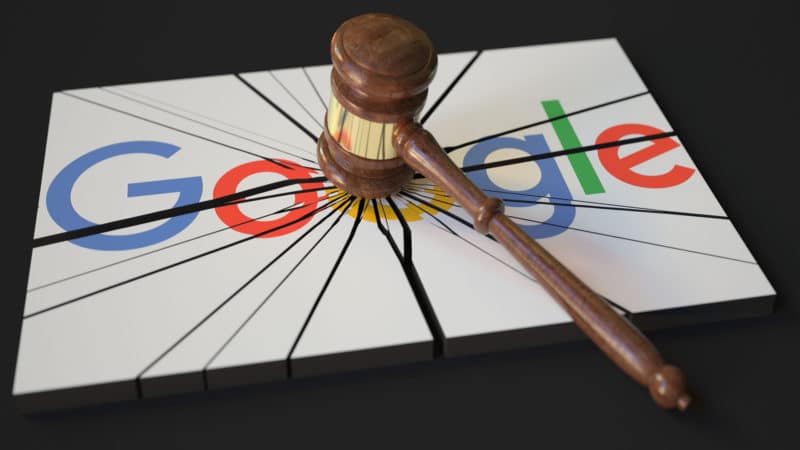
Google’s Advertising Monopoly: A Legal Setback and Its Implications for the Digital Market
In a landmark decision that could reshape the landscape of online advertising, U.S. District Judge Leonie Brinkema has ruled against Google, identifying the tech giant’s practices as monopolistic in nature. This ruling, stemming from a case pursued by the U.S. Department of Justice (DOJ) regarding anti-competitive behaviors in the advertising technology sector, underscores significant concerns about market fairness and competition. The findings reveal Google’s fraudulent integration of its publisher ad server and ad exchange, ultimately stifling competition and limiting viable alternatives for both advertisers and publishers.
The court’s ruling is not just a legal victory for the DOJ; it highlights systemic issues in how online advertising operates today. By maintaining control over critical areas of the digital ad market, including essential publisher ad tools and ad exchanges, Google has effectively monopolized a space that is crucial for determining market dynamics for both advertisers and publishers alike. This decision further consolidates the view that Google is not merely a participant in the digital advertising sector but a dominant force limiting competitive practices.
In light of these findings, Google plans to appeal the ruling, asserting that its advertising tools do not inhibit competition and that publishers continue to choose Google for the effectiveness of its solutions. However, this viewpoint is hotly contested, particularly in the current climate of legal scrutiny against technology firms. With alternative platforms and tools becoming increasingly vital for digital marketing strategies, this case serves as a crucial bellwether for how corporate practices in tech may be regulated moving forward.
Moreover, the intersection of traditional advertising tools and URL shortening capabilities has never been more significant. As marketers explore efficient ways to manage links, a shift in how advertising technology is utilized—and perceived—can lead to a rise in alternative solutions such as custom domain shorteners, providing not only tracking capabilities but also brand personalization. This evolving landscape emphasizes the necessity for developers and marketers alike to remain agile and responsive to shifts in market access, as traditional giants like Google may soon face increased competition from agile newcomers in the url shortener sector.
Transitioning away from reliance on a single entity in the digital advertising arena could directly influence how links are shared and tracked, allowing content marketers to craft tailored experiences that resonate more with their audience. As this legal battle progresses, it remains critical for industry professionals to leverage diverse link management tools, ensuring their strategies remain firmly rooted in innovation and adaptability.
In summary, Judge Brinkema’s ruling stands as a crucial victory for promoting fairness within the digital advertising market, paving the way for potential restructuring of Google’s ad operations. This further develops the narrative surrounding how technology companies interact with their user base and contribute to the greater market ecosystem.
#BitIgniter #LinksGPT #UrlExpander #UrlShortener #DigitalMarketing #SEO
想了解更多: 在这里阅读更多

